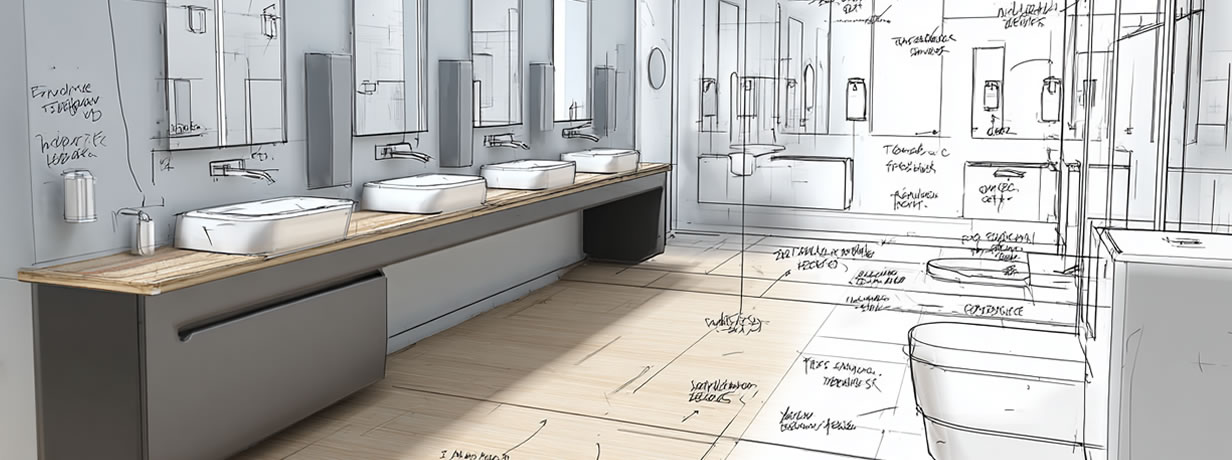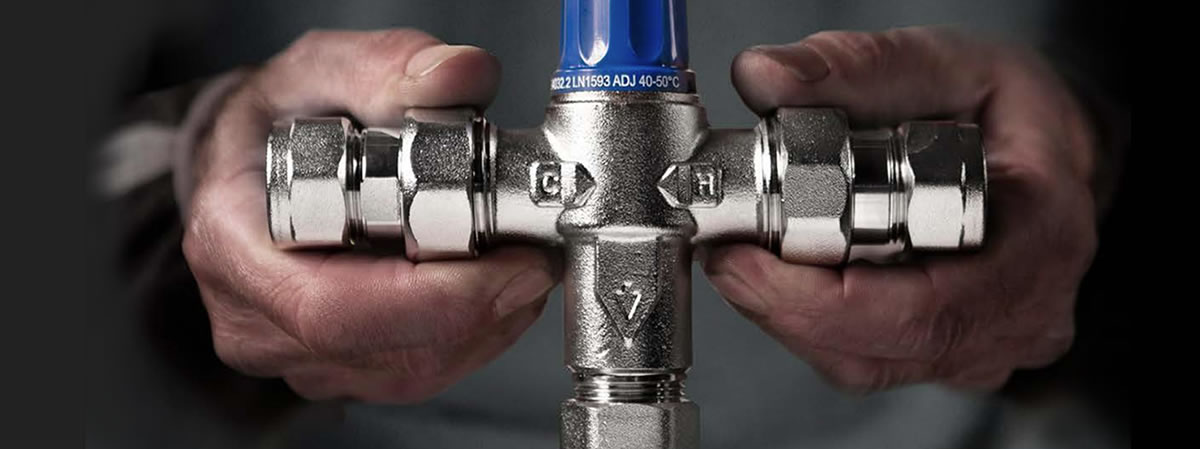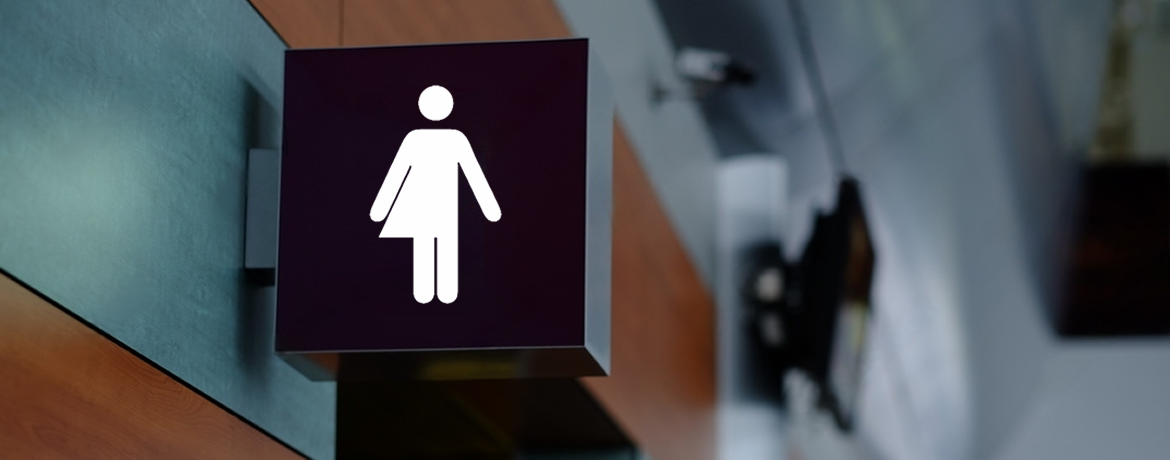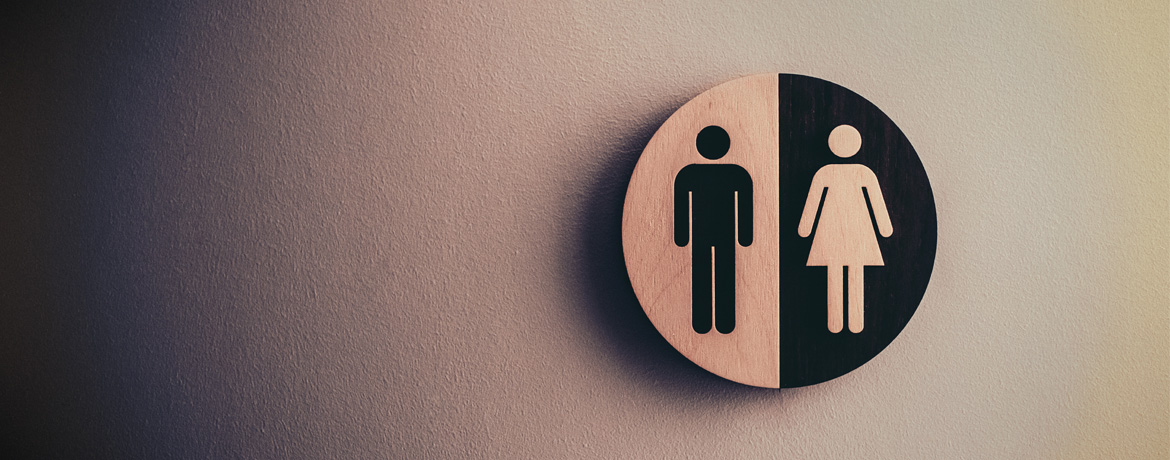How Green is Your Washroom?

Businesses of all sizes should question every aspect of their operations to reduce their potential negative environmental impact. From restaurants ditching plastic straws to coffee shops offering discounts to customers who bring their own reusable cups, the way we do business is undergoing some tough changes.
But whether you’re a school, shopping centre, cinema, or restaurant, the washroom is an area where you can make some very powerful changes without renovating.
Choose sensor activation
Because Sensor Taps only flow water for a set period of time, they reduce the amount of water per user, and over the course of a year, this can be a significant volume. Sensor flush operators on urinals also only flush after they’ve been used, eliminating unnecessary timed flush cycles. Meanwhile, sensor-activated hand dryers not only run for a set period of time, but some models have been developed to use as little electricity as possible, while still delivering maximum output.
Switching to green energy
Of course, powering all this sensor-activated equipment requires energy, and many electricity supplies are generated by burning fossil fuels. However, many businesses are turning to green energy suppliers who invest in sustainable energy sources such as solar and wind farms.
Reducing your water use and bill
In addition to restricting water supply via sensor activation, you can take further measures by installing low-volume toilet cisterns or using a cistern displacer.
Waterless Urinals are also an option, and many existing urinals can be easily converted with a retrofit waterless urinal kit. This system means that urinals no longer need to be flushed with fresh water. Smells are kept at bay via the clever cartridge in the waste outlet, and sanitising is carried out as part of your regular cleaning schedule.
Could you use greywater?
In some environments, greywater recycling can also be done. Greywater refers to water that has already been used once but is still fit for secondary uses such as toilet flushing. The system can be complicated to install, but it works by using spent hand-washing water to fill toilet cisterns. Some toilets have a hand basin on the cistern itself, but in larger commercial environments, these might not be suitable.
Cutting down on packaging
Packaging can soon mount up in the day-to-day operations of a washroom. Everything from loo roll to hand soap comes in packaging, but taking action to reduce this is a strong step to saving the environment and money at the same time. Many businesses choose to buy disposable liquid soap pumps from mainstream brands. However, installing refillable soap pumps and buying liquid soap in bulk can deliver significant long-term savings and reduce plastic packaging by a lot. Toilet rolls from companies like "Who Gives A Crap" are shipped in 100% recyclable packaging and do not use plastic. This can be a great, impactful choice for SMEs.
If you'd like to talk about green options for your commercial washroom, get in touch on 01202 650900.
Got a question? Get In Touch
MORE TO EXPLORE IN Related Posts
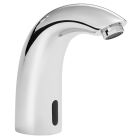
Bristan Infrared Automatic Swan Commercial Tap
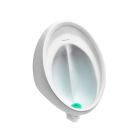
Armitage Shanks Sanura HygenIQ 50cm Waterless Urinal
As low as £480.00 £400.00
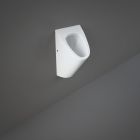
RAK Venice Waterless Urinal complete with Fixing Brackets
As low as £151.20 £126.00
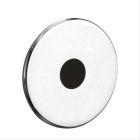
Armitage Shanks Sensorflow 21 Panel Mounted Mains Urinal Flush Sensor Kit
As low as £200.40 £167.00

